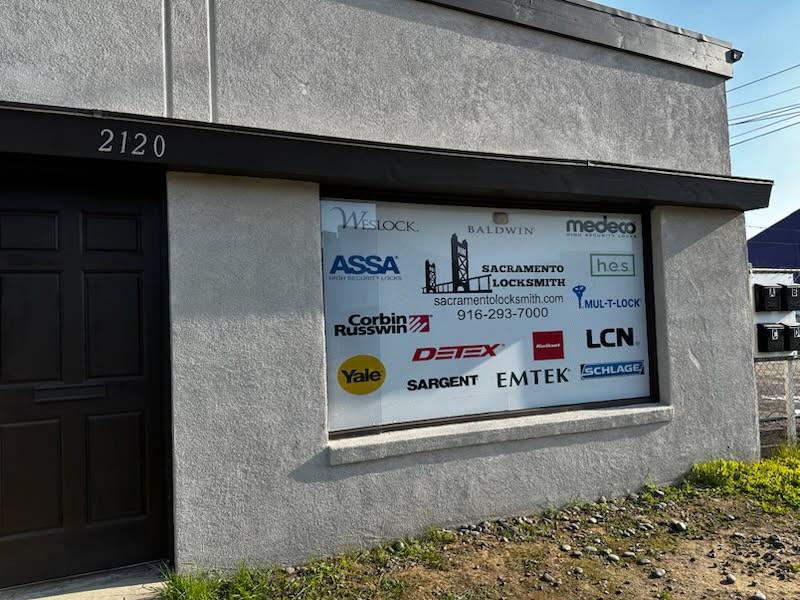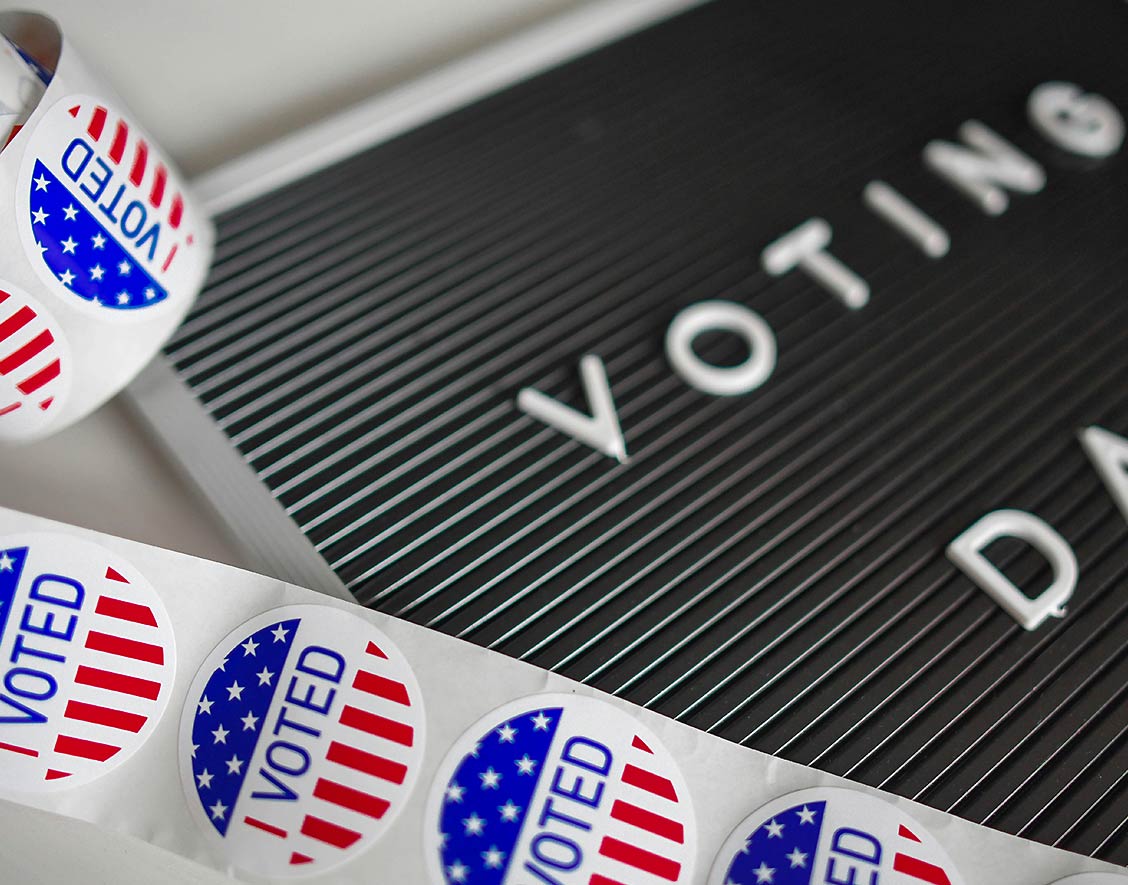Choosing the best locks for your home can be a daunting task, given the myriad of options available in the market. How do you ensure that you’re making the right choice for your home’s security? At Sacramento Locksmith, we understand the importance of home security and have a wide range of solutions to meet your needs. But, have you ever wondered what factors you should consider when choosing the best locks for your home?
The answer is simple yet crucial. The best locks for your home should offer high security, be durable, and fit your budget. For instance, deadbolts are known for their strength and resistance against forced entry, making them a popular choice among homeowners. Keyless entry systems, on the other hand, offer convenience and advanced security features. At Sacramento Locksmith, we offer a variety of lock solutions, from ultra-modern transponder keys to keyless entry remotes, catering to different security needs and budgets.
But, the journey of choosing the best locks for your home doesn’t end here. There’s a lot more to explore and understand about home security. Are you curious to know about the different types of locks and their features? Or perhaps you’re interested in learning about the latest trends in home security? Dive into our comprehensive guide on ‘How to Choose the Best Locks for Your Home’ to make an informed decision. Remember, the safety of your home is in your hands, so make a choice that you can trust.
Understanding Different Types of Locks
ork-on-weekends/, /faq-items/what-are-your-hours-of-operation/.
In the vast market of home security, various types of locks offer unique benefits. Deadbolts are renowned for their robustness, providing a high level of security against forced entry. Conversely, knob locks are commonly used for interior doors due to their ease of use, but they lack the strength of deadbolts.
Padlocks, being portable and versatile, are a popular choice. They come in a variety of sizes and are keyless, making them convenient. However, their security level is relatively low compared to other types. On the other hand, smart locks offer advanced features like remote access and user tracking but can be vulnerable to technical glitches and hacking.
Each lock type has its pros and cons, and the choice depends on the specific needs and circumstances of the homeowner. Whether it’s the robustness of deadbolts, the convenience of knob locks, the versatility of padlocks, or the advanced features of smart locks, understanding these differences is key to choosing the best lock for your home.
Factors to Consider When Choosing a Lock
When selecting a lock for your home, several factors come into play. First, consider the security level. High-security locks, such as deadbolts, provide robust protection but may come with a higher price tag. On the other hand, standard locks are more affordable but offer less security.
Durability is another crucial factor. Opt for locks made from sturdy materials like brass or steel, which can withstand wear and tear. For instance, our residential locksmith case study showcases durable locks that have stood the test of time.
Ease of use is also essential. Some high-security locks may be complex to operate, which might not be ideal for everyone. For example, elderly or disabled individuals may prefer simpler, user-friendly locks.
Different situations may necessitate different types of locks. For instance, if you’re frequently away from home, you might want to consider smart locks that allow remote access. Our mobile locksmith case study provides an excellent example of this.
Lastly, remember that cost is a significant factor. While high-end locks offer superior security, they may not fit everyone’s budget. It’s essential to balance all these factors to choose the best lock for your home. For more information, feel free to contact us.
The Importance of Lock Grades
Pack and Unpack?
Lock grades, a crucial aspect in home security, are determined by the Builders Hardware Manufacturers Association (BHMA). They test the locks’ durability, security, and longevity. Grade 1 locks, often used in commercial settings, offer the highest level of security. Grade 2 locks, typically found in residential areas, provide substantial security. Lastly, Grade 3 locks offer basic security and are the minimum acceptable grade for residential use.
Choosing a high-grade lock ensures robust security. A Grade 1 lock, for instance, can withstand ten times the number of lock cycles as a Grade 3. Therefore, investing in a high-grade lock not only enhances security but also proves cost-effective in the long run.
Smart Locks: The Future of Home Security
Smart locks, the future of home security, are gaining popularity due to their advanced features and user-friendly nature. They function by using wireless technology to lock and unlock doors, providing homeowners with remote access. This feature allows homeowners to control their locks from anywhere, enhancing security and convenience. Additionally, smart locks offer user tracking, enabling homeowners to monitor who enters and exits their home.
However, like any technology, smart locks have potential drawbacks. The risk of hacking is a concern, as cybercriminals may attempt to bypass the security measures. Furthermore, smart locks rely on electricity, which could pose a problem during power outages.
Despite these challenges, the benefits of smart locks often outweigh the potential risks. For more information on smart locks and other security solutions, visit our Residential Locksmith page. If you’re considering upgrading your home security, contact our team at Sacramento Locksmith for expert advice and assistance.
Installation Process for Different Types of Locks
The installation of locks, a seemingly simple task, requires precision and expertise. Each lock type, be it deadbolt, knob, or smart lock, has a unique installation process. For instance, deadbolts necessitate precise drilling, while smart locks demand technical knowledge for software setup.
The installation process for different types of locks varies significantly. Deadbolts, the most common type, require accurate drilling into the door and frame. On the other hand, installing a smart lock involves not only physical installation but also software setup. This process can be complex and requires a certain level of technical knowledge.
Professional installation is crucial for certain types of locks. For instance, a commercial locksmith is essential when installing high-security locks in business premises. Similarly, a residential locksmith can ensure the correct installation of home security systems.
In conclusion, the installation process for locks is not a one-size-fits-all procedure. It varies depending on the lock type and often requires professional assistance. For any lock installation needs, don’t hesitate to contact us.
Maintenance and Upkeep of Locks
Pack and unpack?
Proper maintenance and care for locks are crucial to ensure their longevity. Regularly cleaning your locks with a damp cloth and mild soap can prevent dirt and grime from accumulating. Avoid using harsh chemicals as they can damage the lock’s internal components. Lubricating your locks every six months with a graphite-based lubricant can keep them functioning smoothly. Check out our residential locksmith case study for more tips.
However, even with meticulous care, locks may need to be replaced over time. Frequent jamming, difficulty turning the key, or visible wear and tear are signs that your lock may need a replacement. It’s essential to replace your locks promptly to maintain your home’s security. If you’re unsure about the state of your locks, our contact us page can connect you with our expert locksmiths for advice.
Remember, the key to a secure home is not just choosing the best locks but also ensuring their proper maintenance and timely replacement. For more information, visit our FAQ section on lock safety.
Frequently Asked Questions
handle-packing/, /faq-items/what-are-your-operating-hours/.
- What factors should I consider when choosing a lock for my home?
The primary considerations should be the level of security required, the type of door, and personal preference in terms of design and functionality. For a detailed guide, visit our Residential Locksmith case study.
- Are digital locks more secure than traditional ones?
Digital locks offer advanced features like remote access, guest access, and audit trails. However, their security level depends on their quality and installation. Check out our Mobile Locksmith case study for more insights.
- How often should I change my locks?
It’s advisable to change locks if you lose your keys, move into a new home, or experience a burglary. For more information, refer to our Safety FAQ.
- Can I install locks myself or should I hire a professional?
While it’s possible to install locks yourself, hiring a professional ensures correct installation and optimal security. Visit our Contact Us page to get in touch with our experts.
- What’s the difference between a deadbolt and a spring bolt lock?
Deadbolts are more secure but require manual locking, while spring bolt locks are self-locking. For a deeper understanding, refer to our Commercial Locksmith case study.
Conclusion: Making the Right Choice for Your Home
pack-and-unpack/, /faq-items/what-are-your-hours-of-operation/.
In summary, selecting the best locks for your home is a process that requires careful consideration of your specific needs and available options. It’s crucial to evaluate the security level, durability, and ease of use of different locks. Remember, the best lock is one that provides optimal security while fitting seamlessly into your lifestyle. If you’re unsure, don’t hesitate to seek professional advice. Our team at Sacramento Locksmith is always ready to assist.
Moreover, you might find our residential locksmith case study helpful in understanding how we’ve helped others make the right choice. We also encourage you to explore our FAQ section for more information. Remember, making the right choice for your home is a decision that should never be rushed.
post comments
Together We Rise: A Campaign for Everyone







